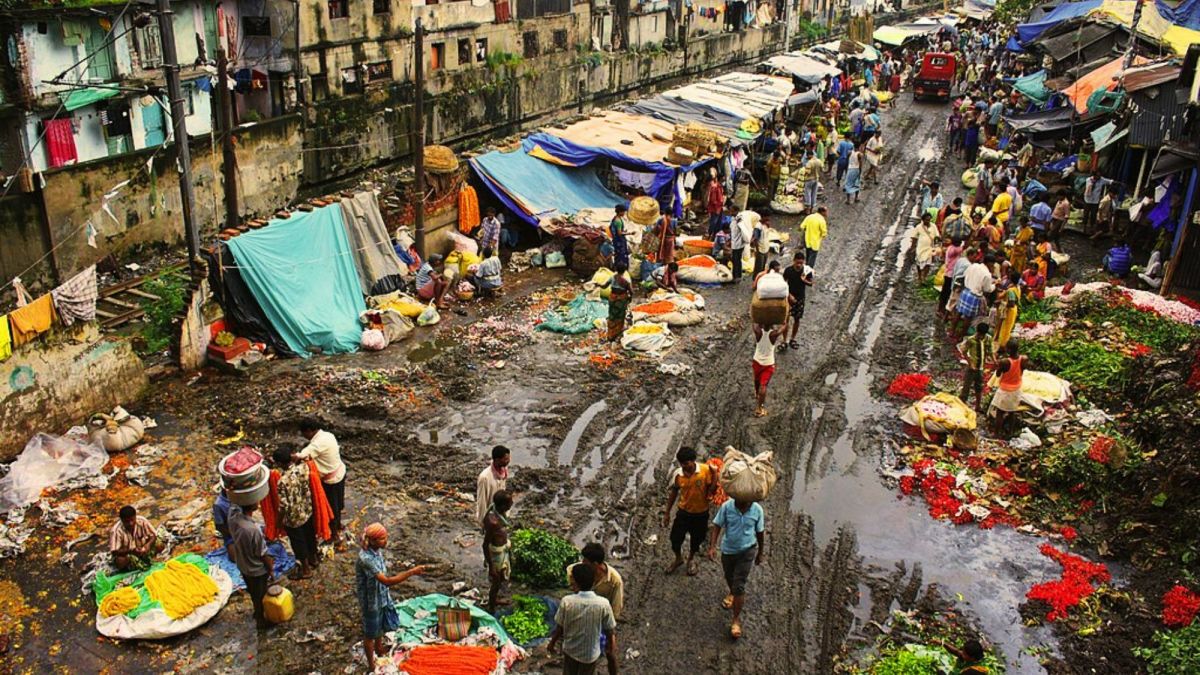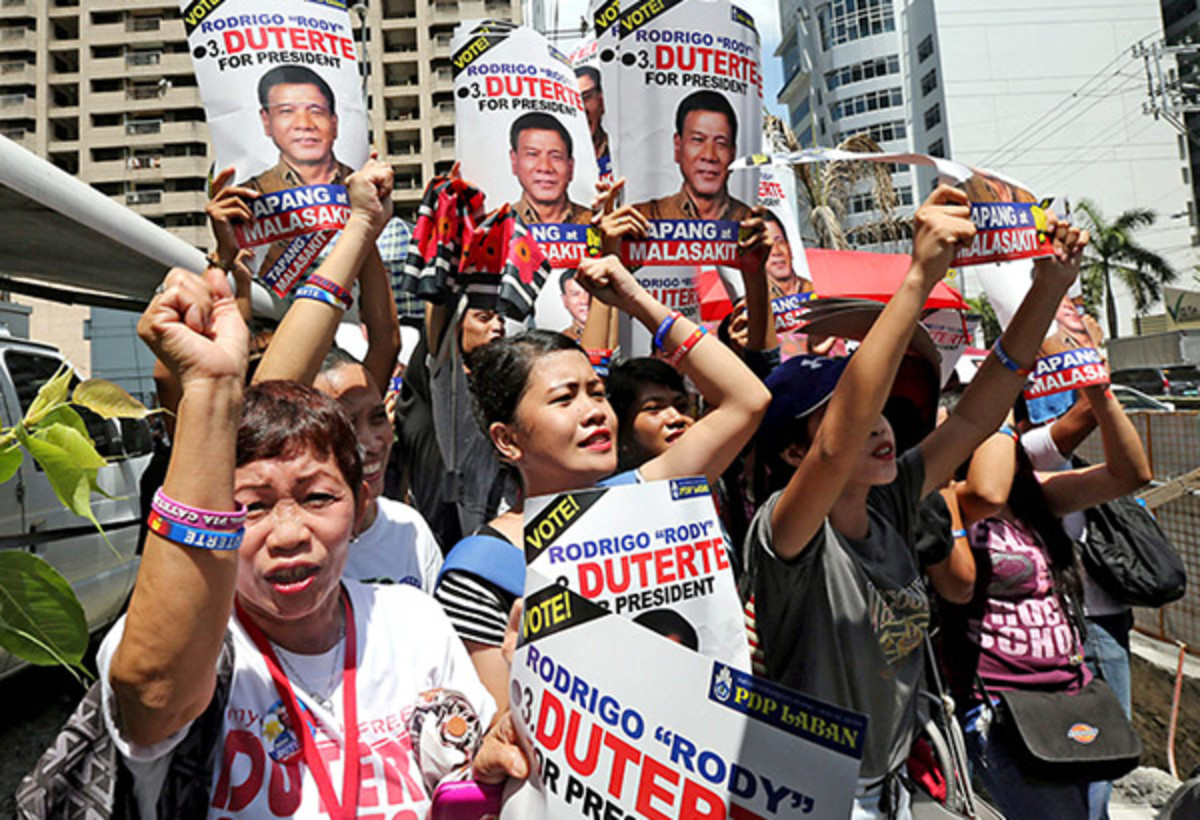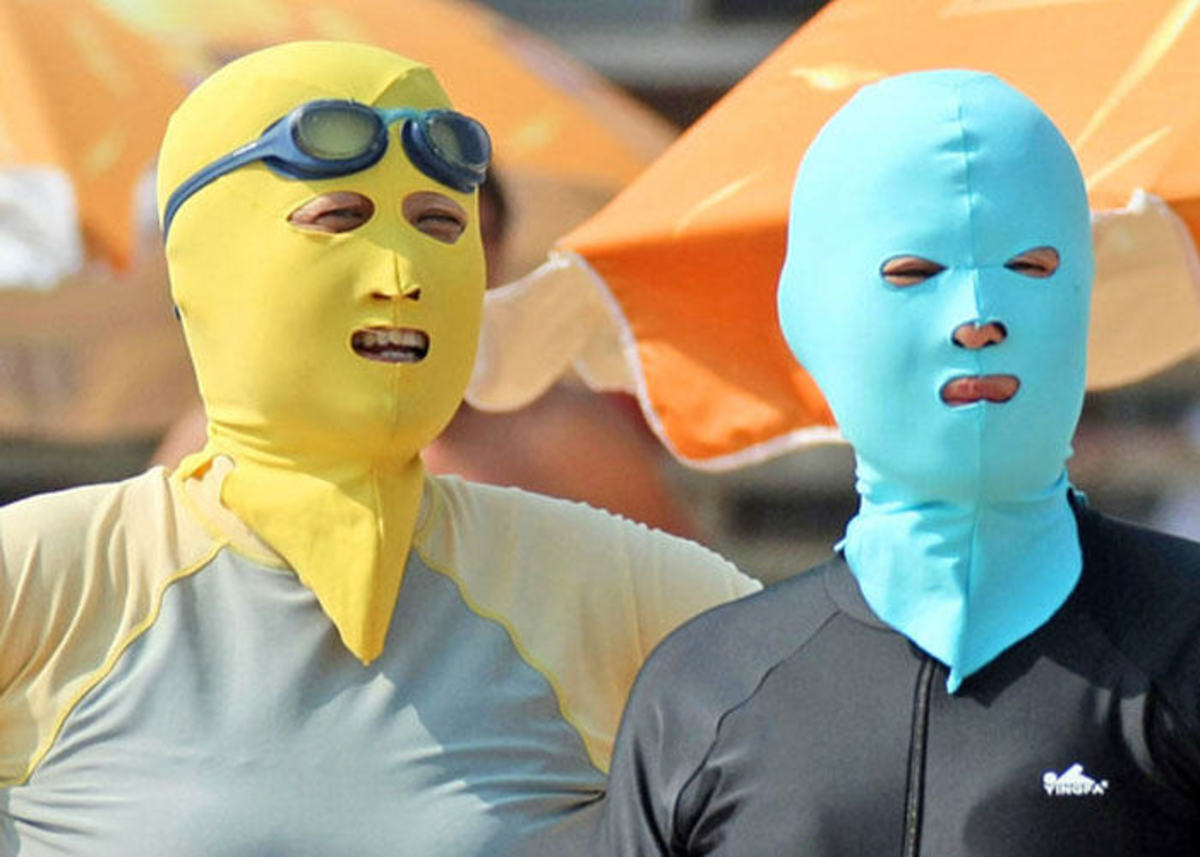How to Understand The Wrath of the Public?

When the wrath of the people left the words "Pedophile" on Nguyen Huu Linh's door and swept the status message of Thu Do, another controversy erupted online (and probably in real life): Is that right, civilized, in short, should I do that?
The indignation of a part of the people accompanied by the waste thrown at Nguyen Huu Linh's house, insults, curses, and greedily aimed at Nguyen Huu Linh and Thu Do.
Here, people sigh, or complain, or condemn the so-called "crowd justice", "network justice", "justice of the keyboard heroes". Some people seem to fear that if this crowd could change the government, society will be broken even more than now.
While people have a good reason to be concerned about those paint-smashing and throwing waste behaviors of the angry crowd, separating those behaviors from the social context causes criticism aiming at the crowd becomes blunt and emotionless.
5 levels of outrage
The public resented sexual abusers. That is common sense. We should be glad that the public is still angry with evils. It is worrisome only when they aren't. That is the lowest level.
The public will be angrier when the victim is a child. Simply because children are not able to perceive and defend themselves as adults. They are the weak in compared to the invaders. That is the second level.
The public will be furious when the culprit is the official, the former official. With that social position, they are expected to have good moral character and proper and civilized behaviors. They are also a group of people with more power than the rest of society. The absolute asymmetric correlation between the culprit and the victim is a child, now becomes even more asymmetric. That is the third level.
The public will be even more resentful when the culprit gets involved with authoritarian governments. The likelihood of the culprit being favored is very high. Officials and former officials in Vietnam are not like officials and former officials in the US, Japan or Korea, where they face very severe consequences if they sexually abuse children. We have a bureaucracy that has absolute power, stands on the law, is treated completely differently from civilians, and is often favored, even exempted from responsibility for every crime they cause. That is the fourth level.
And finally, at the highest level, the public will be extremely indignant when provoked by authoritarian authorities by refusing, defending and covering offenders, while aggressively seeking to attack reactive people. This is the level at which all beliefs are broken and the society is engulfed in conflicts with no exit, like a pressure cooker that is sealed and can explode at any time.
At what level are the Vietnamese public at these five levels? Very clearly, it is the highest level. The former deputy procurator Nguyen Huu Linh is still free to live like every other innocent person and has been prosecuted. The situation this time also happened immediately after another sex offender was only fined 200 thousand VND. Meanwhile, the police are searching for people spraying paint and throwing waste into Mr. Nguyen Huu Linh's house, while the leader of Da Nang city instructs to strictly handle this behavior. However, if the civilians got the waste threw by the police into their house, there would never be an official who directed to handle that problem.
Considering the general situation, with a series of child abuse and assault cases that the media constantly reported over the years, we are in fact having a serious and comprehensive social crisis at the national level. The victim is the child. Where are the top leaders of the state in this crisis? They seem to disappear from social reality, and appear only to talk about "state of creation", "revolution of four dots" and "regime's security", as if there was no crisis is going on.
Does the public have many options to express their indignation? No, they cannot protest, cannot question leaders, cannot speak freely in newspapers, cannot create groups to fight for their legitimate rights, and can always be photographed for hats "reactionary".
Is it reasonable to ask the public to moderate and moderate in such a social context?
Painful people must be allowed to raise their voice
The above social context is a knife stabbing into people's chests. Every principle and belief that people rely on to live together as a society is broken, including belief in human personality and belief in public institutions. People suffer and despair.
Painful people must be allowed to raise their voice. Crying when you got pain, there is hope for you. Opposite, your body or your soul is dead.
The voice is of course not easy to hear. It was a scream of someone stabbing a knife into the chest, not a scholar's speech between the air-conditioned hall with the camera pointing straight at the face and live stream.
Not so beautiful, the words "Pedophile" painted on the door of Nguyen Huu Linh. It is not fragrant, but the pile of waste is thrown into the house of the "babysitter" in the elevator. Neither did the ears kill the words, insulting "f... mother, f... father" that the online community threw at Linh as well as those who sought to speak for the culprit.
Yes, uncontrollable indignation can cause trouble. Do you know how many people have been wrongly imprisoned and wrongly punished for death by public outrage? How many people have to carry a bad reputation lifelong because of the public's indignation? And how many families have fallen apart from the wrath of the public? Definitely so many.
That outrage will sweep all those who seek to speak the argument but choose an improper attitude, usually the condescending, superior, invisibly adding salt to their hearts. Thu Do is such an example. What Thu Do said about not suing, not denouncing to protect the victim from further injury is actually reasonable, whether you agree with it or not, especially when the perpetrator is a high-level official. Our judicial system is full of barbarians and our vulture-colored media space can swallow their babies and families at any time. Every parent has a good reason to consider these risks before speaking up.
Thu Do's problem lies in attitude, not reason. Of course, anyone can choose an attitude I like when posting. But stone bricks can fly, stone bricks can fly back. In the context of our society today, throwing stones at the weakest people, who are being stabbed into the chest, while avoiding those who have the most power, have to bear the highest responsibility, absolutely not a good choice. You throw stones at a running train, the consequences are much greater than throwing stones at a station that stands still. In the end, that train could crush you instantly.
We can choose a different, much more useful attitude.
How to build a more constructive social discussion
Every criticism aimed at the wrathful crowd needs to be placed in the specific social context of the highest level of indignation I have presented at the beginning of this article. It is the level where the pedophile remains unpunished, and the public agency - the direct culprit of the social crisis that we are suffering from, remains detached to the catastrophe and aggressively punishes the people.
Public outrage may be aggressive, may be wrong, and potentially catastrophic, but every criticism they need to place them as victims of this social crisis.
The rage, if only stopped at the third level, that is because an official or a former official sexually abusing children, it will not cause this outrage. This happens all over the world, no matter how civilized it is. But to reach the fourth and fifth levels, the decisive factor is an authoritarian political regime, standing above the law, strangling people's freedom and not protecting people from the smallest threats.
The people are so angry because the government provokes them by its remiss.
If the government handles the case right from the start, prosecutes the perpetrator, detains Nguyen Huu Linh or at least quarantine Linh with children, implementing all necessary professional measures to protect the baby and family out of risk of retaliation, providing psychological and legal support services for babies and families, along with reassuring public opinion by giving central to local leaders to join dialogues with the public. Will people become too aggressive?
If the government does not prevent people from freely speaking in the newspaper, will people become too aggressive?
If the government does not prohibit people from demonstrating, will people become too aggressive?
If the government does not prevent social organizations from being set up and operating, let people have their own forums, to raise awareness about sexual abuse, improve defensive skills, and provide psychological and legal assistance services for victims, will people become too aggressive?
If the government eventually renovates the law to better protect children, punishing pedophile crimes is better then will people become too aggressive?
If the government allows people to freely choose leaders to prevent officials like Nguyen Huu Linh, who will become too aggressive?
The pressure cooker was already boiling, but now, who could it be to blame? If the above conditions have been achieved and there are still people who are too aggressive, it is the public that will condemn extremist behavior and such extremist people, not use the extremes to flush out their wrath.
So the problem of the aggressive behavior of a public part is more in government than in the public itself, if not the government has to bear almost the whole responsibility. Avoiding the responsibility of the government, not putting pressure on the government to change but only condemning civilians is an attitude that is both irrelevant and childish, and in many cases a cruel attitude. That evil is even higher than the evil of silence.
If the child no longer needs to be "abducted", the address that needs to be condemned is the government, not the civilians, and if there is a criticism of the civilians, remember that they are victims and not perpetrators.








